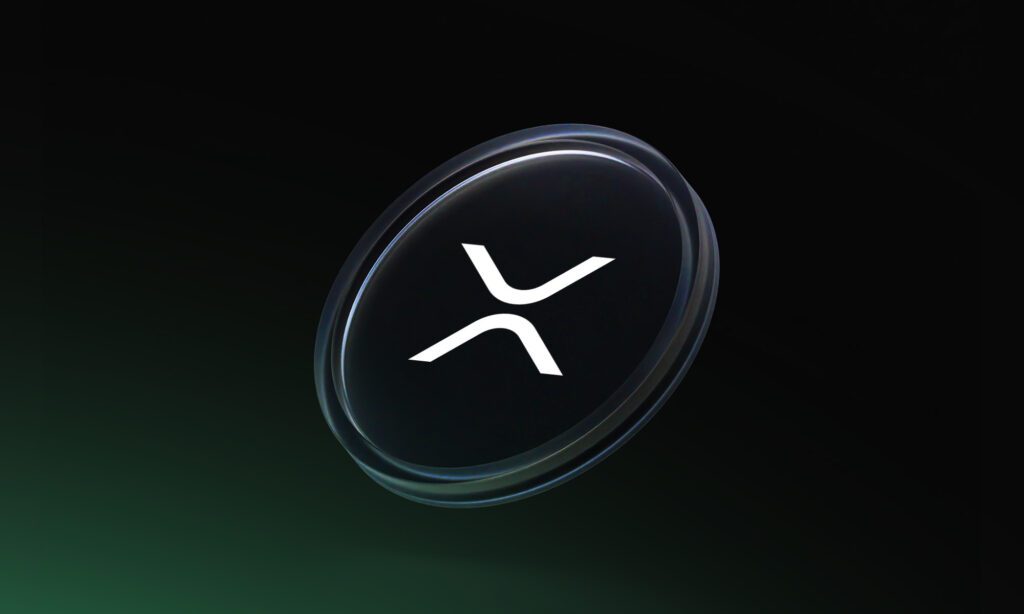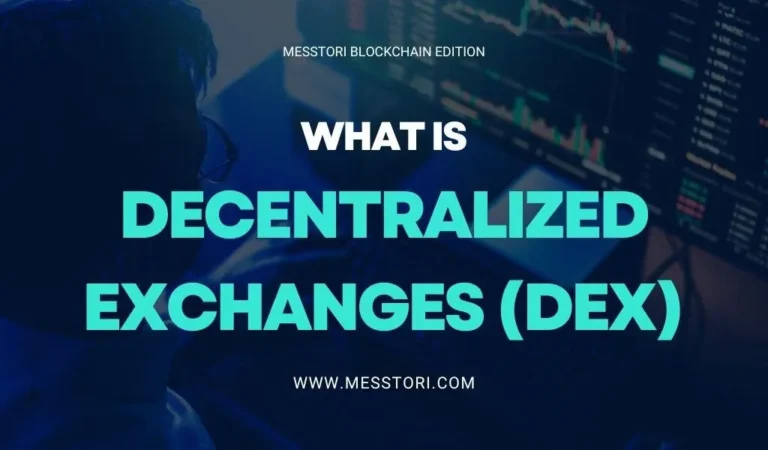Understanding the types of crypto exchanges is essential for anyone getting started in cryptocurrency. Each type offers unique features, benefits, and risks — and choosing the right one can greatly impact your trading experience.
In this guide, we explore the four major types of crypto exchange platforms: Centralized Exchanges (CEX), Decentralized Exchanges (DEX), Hybrid Exchanges, and Peer-to-Peer (P2P) Exchanges.
Centralized Exchanges (CEX)
A centralized exchange (CEX) is a digital platform operated by a company that facilitates the buying, selling, and trading of cryptocurrencies. It acts as a middleman, controlling the infrastructure and user experience.
Key Features of CEXs:
- Order book-based trading
- Fiat on-ramps (buy crypto using local currency)
- High trading volume and liquidity
- Fast execution speed and advanced trading tools
- Customer support and mobile apps
Advantages:
- Beginner-friendly with simple interfaces
- High liquidity for faster and fairer trades
- Multiple payment options (bank transfers, credit cards)
- Integrated custodial wallets
Risks:
- Custodial: You don’t control your private keys
- Regulatory risks in certain countries
- Vulnerability to hacks or internal breaches
Suggest: What is Crypto Exchange? The ultimate guide for beginners
Popular Centralized Crypto Exchange (CEX) Platforms
Centralized exchanges (CEXs) are the most widely used platforms in the crypto exchange ecosystem. They offer high liquidity, fiat integration, fast transaction speeds, and a user-friendly environment for both beginners and experienced traders.
Here are some of the top CEX platforms trusted by millions worldwide:
- Binance: is the largest crypto exchange globally by trading volume. It supports hundreds of cryptocurrencies, advanced trading tools, low fees, and offers services like futures, margin trading, staking, and NFT markets. With a global user base and a wide range of features, Binance is ideal for both beginners and professional traders.
- Bybit: is a rising star among crypto exchanges, especially known for its strong derivatives trading platform. It provides spot trading, futures, launchpad access, and copy trading options. With an intuitive interface and robust performance, Bybit is favored by active traders who seek leverage and real-time execution.
- MEXC Global: is a fast-growing crypto exchange offering a large variety of altcoins, competitive fees, and advanced trading options. It’s recognized for listing trending tokens early and providing access to both spot and futures markets. MEXC is ideal for users looking to explore lesser-known assets with high potential.
- Coinbase: is a U.S.-based crypto exchange renowned for its simplicity, security, and regulatory compliance. It’s one of the best platforms for beginners, offering a clean interface, educational resources, and insured custodial wallets. Coinbase is a public company and is often the first point of entry for U.S. crypto investors.
Binance
World’s largest exchange. Low fees, lots of coins, and advanced tools — great for all levels.
Bybit
Fast-growing platform with strong futures, copy trading, and great for leverage traders.
MEXC Global
Best for trending altcoins. Low fees, early listings, and a wide token range.
Coinbase
Top choice for U.S. beginners. Clean UI, insured wallets, and full regulatory compliance.
Each of these centralized crypto exchange platforms has its own strengths, and the right one for you depends on your goals, trading style, and regional availability.
Decentralized Exchanges (DEX)
A decentralized exchange (DEX) allows users to trade directly from their wallets without an intermediary. These platforms are powered by smart contracts and run on blockchain protocols.
How DEXs Work:
- Automated Market Makers (AMMs): Use liquidity pools instead of order books (e.g., Uniswap).
- Order Book DEXs: Users place buy/sell orders directly (e.g., dYdX).
Advantages of DEXs:
- No need for KYC or identity verification
- Users maintain full control of funds
- Greater privacy and decentralization
- Reduced risk of platform hacks
Challenges:
- Lower liquidity than centralized exchanges
- Higher transaction fees during network congestion
- More complex for beginners
Top DEX Platforms to Know in the Crypto Exchange Landscape
As decentralized finance (DeFi) continues to expand, several decentralized crypto exchanges (DEXs) have emerged as industry leaders. These platforms enable users to trade digital assets directly from their wallets, without any centralized control or intermediaries. Below are three of the most widely used DEX platforms today:
- Uniswap: Uniswap is the most well-known Ethereum-based crypto exchange using the Automated Market Maker (AMM) model. It allows users to swap ERC-20 tokens instantly without needing an order book. Uniswap is fully open-source and plays a central role in Ethereum’s DeFi ecosystem. Users can also earn rewards by adding liquidity to various trading pools.
- PancakeSwap: Built on the BNB Smart Chain, PancakeSwap offers faster and cheaper transactions compared to Ethereum-based exchanges. It is the most popular AMM DEX in the Binance ecosystem, supporting token swaps, yield farming, and staking. Its native token, CAKE, is used for governance and rewards.
- SushiSwap: Originally a fork of Uniswap, SushiSwap has evolved into a multi-chain crypto exchange that supports networks like Ethereum, Polygon, Fantom, and Avalanche. It offers features beyond token swaps, including yield farming, staking, and lending through its BentoBox ecosystem. SushiSwap appeals to users seeking a diversified and flexible DeFi experience.
Each of these platforms represents a core component of the decentralized crypto exchange ecosystem, offering unique benefits based on the blockchain they operate on and the features they provide.
- Top 5 popular Web3 community platforms
- Block your dates for The Global Blockchain Show 2025 hosted by VAP Group in Abu Dhabi
- Join the Top 1% of Web3: VAP Group Presents Global Blockchain Show in Dubai
- Cryptocurrency Marketing: Understanding the Basics and Key Concepts
- Top 40 Crypto Tools powerful for Analysis, Trading & Research








